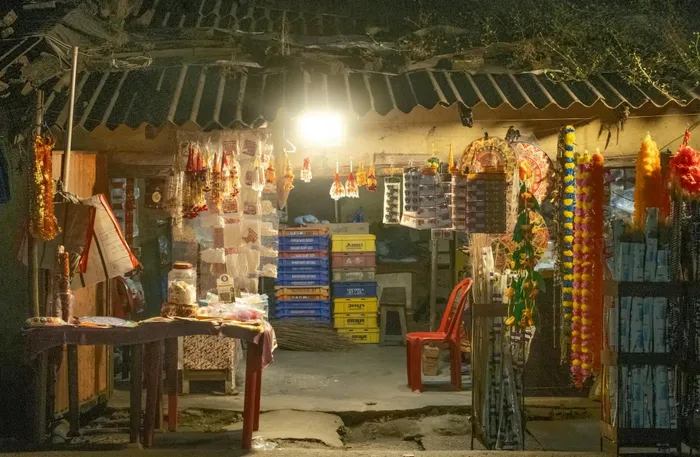Durban Chamber warns of economic crisis due to rising cheap imports
UNEVEN PLAYING FIELD

Counterfeit goods and cheap imports are placing immense pressure on domestic industries, says the Durban Chamber of Commerce and Industry.
Image: Pexels
The Durban Chamber of Commerce and Industry NPC has issued a grave warning regarding the detrimental effects of an influx of cheap imports and counterfeit goods in the South African market. The organisation believes that this phenomenon poses a systemic threat to the economic resilience of the nation and the province of KwaZulu-Natal, escalating towards an impending economic crisis that could cripple critical sectors.
With concerns mounting over the widening trade imbalance, the Chamber has identified various industries facing significant operational challenges due to unfair competition from low-cost foreign products. “This issue is far from trivial; it is impacting our ability to sustain industry, which is vital for job creation and economic development,” said Chamber CEO Palesa Phili.
A closer look at the impact by sector
The ramifications of this crisis are felt widely. Among the sectors hardest hit is KwaZulu-Natal's paper and pulp industry, which plays a critical role in South Africa's economic landscape, said Phili. The Chamber has reported an alarming trend of imported paper dumping, primarily from Asia, where products are sold significantly below fair-market value — straining local manufacturers and undermining government initiatives aimed at fostering localisation.
Phili said the challenges are equally stark in the renewable energy sector, where 96% of the solar modules required for national renewable energy projects are currently being imported. This leaves South Africa’s sole operational solar PV manufacturer in a precarious financial position, endangering both the company itself and the local supply network.
Phili said the automotive industry is not spared either. Major manufacturers, who collectively employ thousands and contribute notably to the GDP, contend with rising numbers of foreign vehicles flooding the market. This influx is creating an uneven playing field, stifling innovation and investment in local production.
Similarly, the textile and clothing industry is reeling under the strain of intense international competition. Major retailers are grappling with pressures from imported products, particularly from Asia, which threaten the entire value chain and jeopardise the sustainability of both small and large local businesses.
Perhaps the most alarming development is seen within the food and beverage sector, where a disturbing uptick in illicit and counterfeit goods is evident, said Phili. These products are making their way into local markets, circumventing safety checks and creating a trust deficit among consumers, thereby adversely affecting Small, Medium, and Micro Enterprises (SMMEs) that struggle for legitimacy in the face of such fierce competition.
Seeking solutions
The implications of these developments are profound, said Phili. Domestic manufacturers increasingly find it challenging to compete against these low-priced imports, leaving a trail of potential job losses, reduced government revenue, and the risk of collapsing essential industries. The Durban Chamber of Commerce stressed that this mounting pressure could severely limit the country’s opportunities for sustainable economic growth.
While the Durban Chamber supports international trade and values international partnerships, it argues that collaborative solutions with government and stakeholders are essential to shielding the domestic market. There is an unmistakable call for stricter enforcement against the influx of illicit foreign goods — a need for prioritising the protection of local businesses that are integral to South Africa's economic framework.